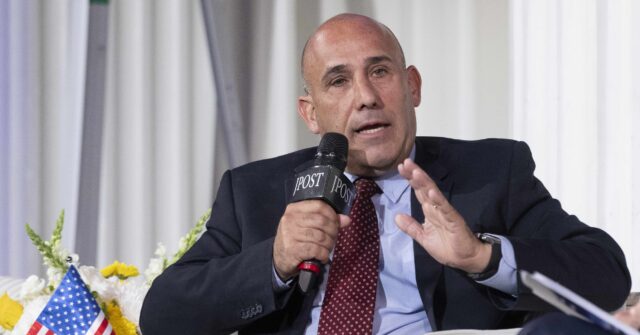Brigadier General Amir Avivi (Res.) of the Israel Defense Forces (IDF) has recently conveyed a strong message regarding Israel’s planned military action against Iran, describing the impending retaliatory strike as “fierce” and an event that will initiate an extended conflict lasting “many months.” Avivi, who is affiliated with the conservative think tank Israel Defense and Security Forum (IDSF), previously indicated the likelihood of an imminent Israeli attack on Hezbollah in Lebanon, a prediction that came to fruition soon after. His comments signify a serious approach to an escalating crisis in the region and highlight Israel’s readiness to engage in prolonged military operations.
The backdrop for Avivi’s declarations lies in Israel’s recent military successes, particularly in its ongoing confrontation with Hezbollah, where IDF operations have exceeded the military’s initial expectations. The strategic implications of these operations set a precedent for Israel’s potential actions against Iran. Avivi claims that the upcoming strike will serve as the “beginning of a war,” emphasizing the serious and sustained nature of the military response Israel is preparing to deliver. This development indicates a significant shift in the dynamic between Israel and Iran, particularly as Iran has historically faced little military pressure on its soil since the Iran-Iraq War of the 1980s.
Avivi’s comments also reflect the threats posed by Iran, which has been actively supporting and arming various terrorist proxies throughout the region. This extensive support has allowed these proxies to operate with greater autonomy and influence across multiple countries. In recent months, tensions have escalated further with two notable missile attacks launched by Iran directly targeting Israel. After the first attack in April, the Biden administration advised restraint from Israel in terms of military retaliation, which suggests an awareness of the potential ramifications of conflict escalation in the region.
Despite international calls for moderation, Israel appears committed to a robust military response. The consistent attacks on Israeli territory by Iran have galvanized Israeli military strategy, indicating that significant retaliation is anticipated. The U.S. government’s stance has complicated this situation, as it has urged Israel not to target critical infrastructure such as Iran’s oil facilities or nuclear sites. This positioning illustrates the complexities of geopolitics in the region, as the U.S. weighs its interests against the possible outcomes of Israeli military action.
The anticipated Israeli strike on Iran raises crucial questions regarding the geopolitical landscape in the Middle East and the potential ramifications for both regional and global security. With tensions already running high and the complexities of international relations at play, a fierce Israeli retaliation could trigger a wider conflict involving various actors, including Hezbollah, Iran, and potentially U.S. interests in the region. The long-term consequences of such military actions could redefine alliances and enmities across multiple countries, impacting not only Middle Eastern nations but also those with vested interests in the region.
In conclusion, Avivi’s insights reflect a moment of critical decision-making for Israeli military command as it seeks to address the persistent threats posed by Iranian aggression. The projected strike marks not just a retaliatory effort but the potential onset of a significant military engagement that could alter the status quo in the region for months to come. Both Israeli defense policy and U.S. foreign relations will be tested in the days to come, and the outcomes remain uncertain as global observers watch closely for developments that may redefine Middle Eastern dynamics.

